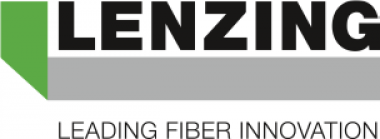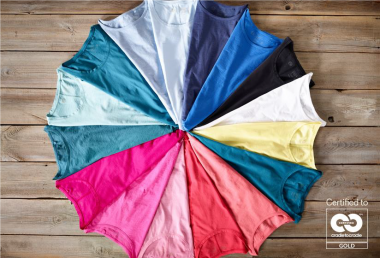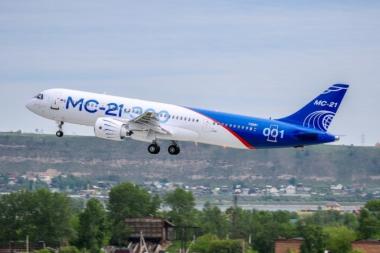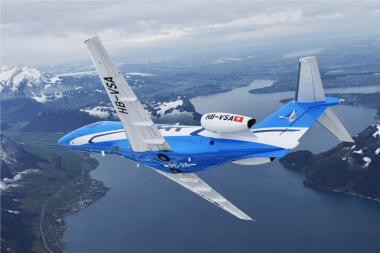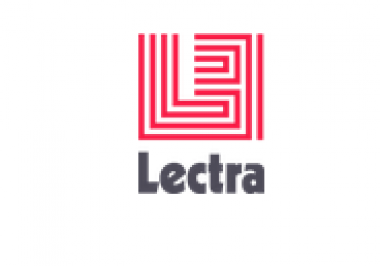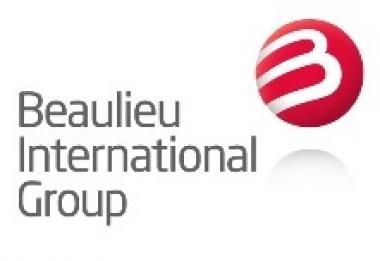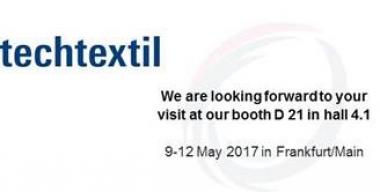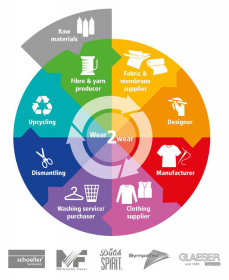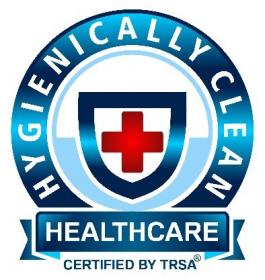Lenzing Invests in Thailand
Lenzing – The Lenzing Group aims to substantially increase its share of specialty fibers as a proportion of total revenue. Following the expansion drive already underway in Lenzing and Heiligenkreuz (both in Austria), Grimsby (Great Britain) and Mobile, Alabama (USA), the Supervisory Board of Lenzing AG approved the proposal of the Management Board yesterday to build the next state-of-the-art facility to produce lyocell fibers in Thailand. For this purpose, Lenzing is establishing a subsidiary in Thailand and purchasing a commercial property in Industrial Park 304 located in Prachinburi near Bangkok. In the coming months, the required permits and licenses as well as technical planning will be finalized. A definitive decision on constructing the new production plant will be made in the first quarter of 2018. Completion is scheduled for the end of 2020.
The selection of Industrial Park 304 in Prachinburi was based on its excellent overall infrastructure, outstanding expansion opportunities and the sustainable biogenic energy supply. Similar to the plant in Mobile, the planned production facility will be constructed on the basis of the latest state-of-the-art technology and feature a capacity of up to 100,000 tons annually. This site will strengthen the worldwide lyocell network of the Lenzing Group and enable its global customers to source TENCEL® branded fibers from Europe, North America and Asia.
Lenzing Group, Thailand, fibers
Lenzing Aktiengesellschaft


